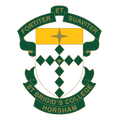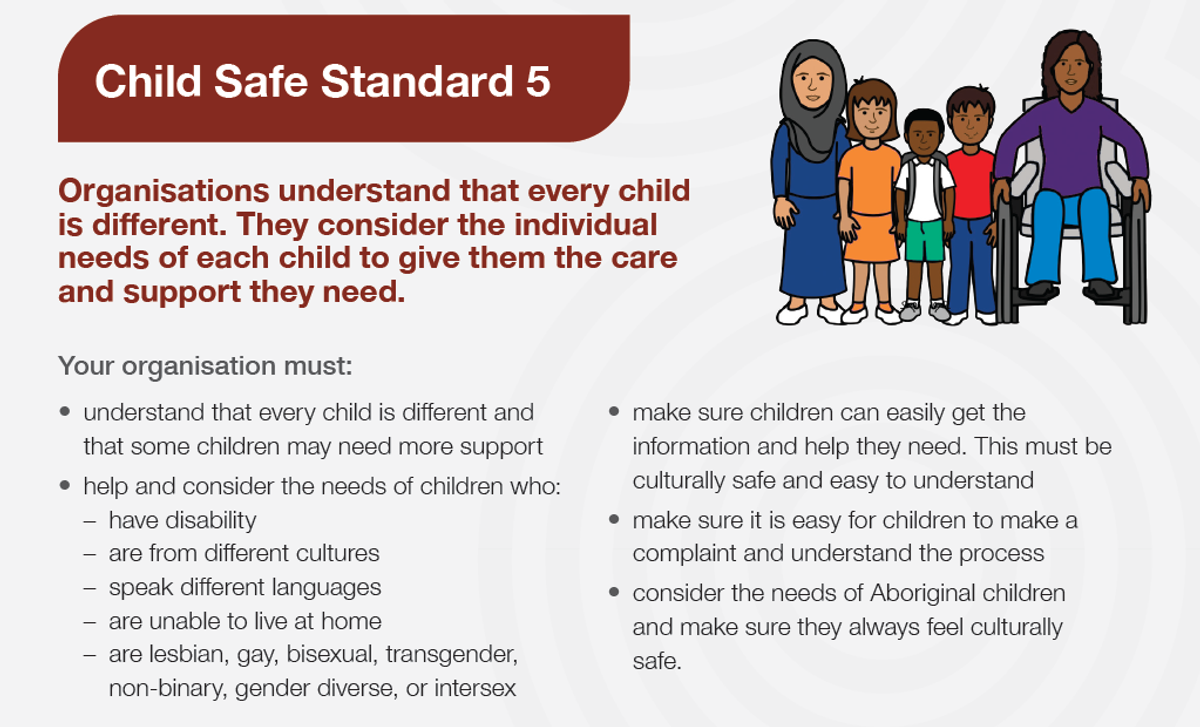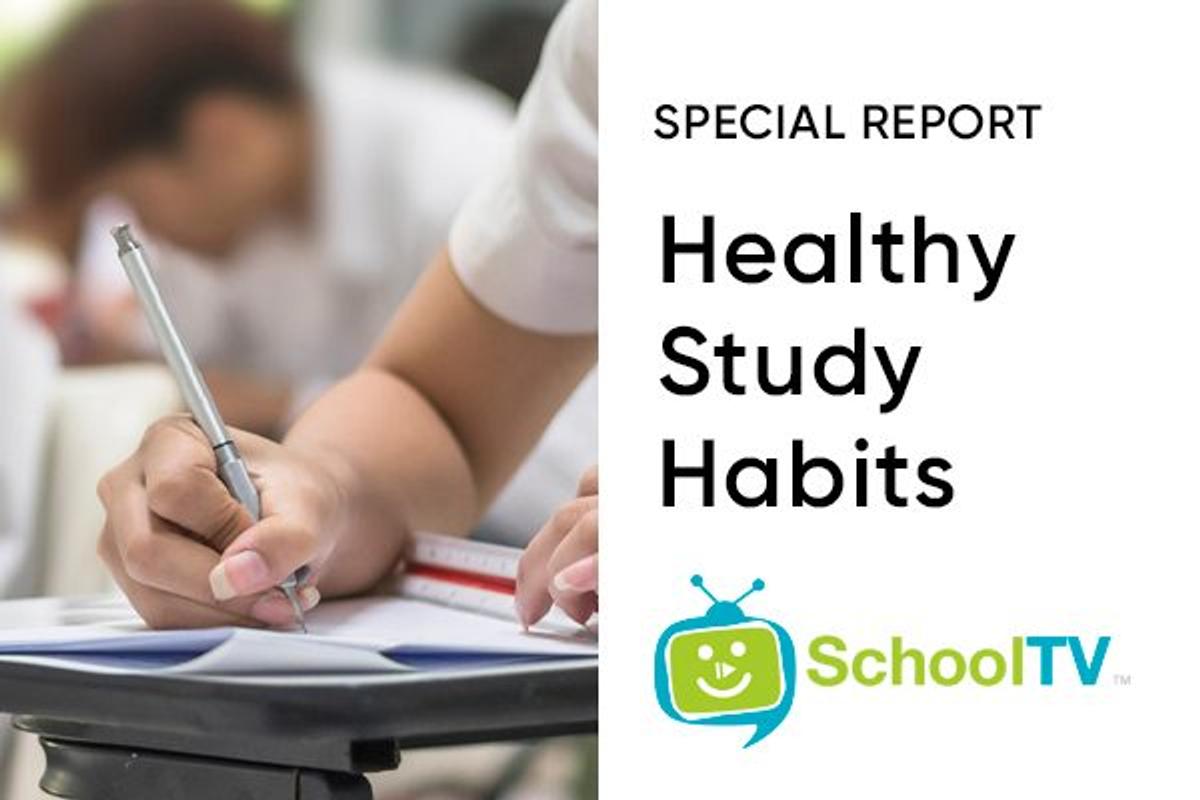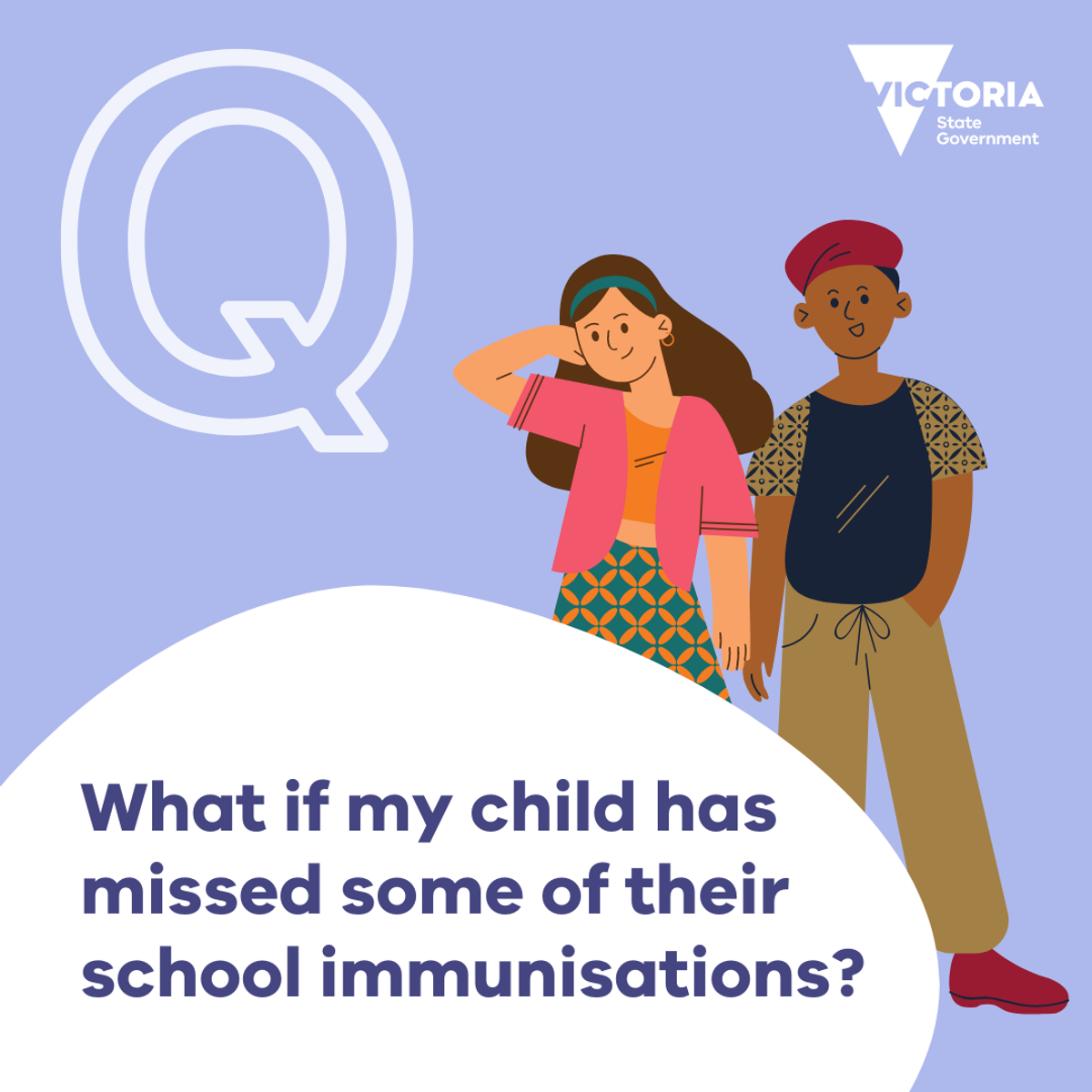Child Safety and Wellbeing

Child Safe Information
St Brigid’s College holds the care, safety and wellbeing of children and young people as a central and fundamental responsibility. Central to the mission of our Catholic schools in Horsham – St Brigid’s College and Ss Michael & John’s Primary School - is an absolute commitment to fostering the dignity, self-esteem and integrity of children and young people and providing them with a safe, supportive and enriching environment to develop spiritually, physically, intellectually, emotionally and socially.
The Child Safe Standards came into effect in July 2022 and are a vital part of what we do here at St Brigid's College. Each newsletter we will look at a standard in closer detail.
Equity is a state of fairness in which all children and young people can participate freely and equally in areas of life, regardless of their background, characteristics or beliefs. This means their safety is not dependent on their socio-economic, family or personal circumstances.
As part of this standard, schools must:
- recognise and respond to students’ diverse circumstances
- understand that some students are at higher risk of harm than others
- provide easy access to information
- adjust procedures to respond to different needs
- make sure complaints processes are child-friendly, culturally safe and easy to understand.
Our Child Safety Policy details and affirms the standards of behaviour expected for members of the St Brigid’s College community. All of our policies, including the College Diversity and Equity Policy, can be found the Policies page on our school website. You can contact the Front Office if you have any queries relating to child safe practices, or any other matters.
Healthy Study Habits
We remind families of our partnership with SchoolTV, a leading online mental health and wellbeing platform designed to proactively support families and students and strengthen parent-school partnerships.
This Special Report, Healthy Study Habits, has tools and resources for families that will help you support your young person as they begin preparing for end of year exams.
View the report here:
https://stbc.vic.schooltv.me/.../special-report-healthy...
Social Media Safety
Parents and carers play an important role in supporting their children to be safe online and on social media. You can help your children safely navigate their digital world and educate them to avoid harmful online experiences. You can explore websites, games, apps and social media together and set some rules and boundaries.
Your support and guidance can give your children the knowledge to make sound decisions online and confidence to ask for help when they need it. It is also important to stay informed about online safety.
The Department of Education recognises this important issue and has developed fact sheets about supports to help keep students safe online and what to do if they are involved in an online incident.
The fact sheets contain links to evidence-based information on supporting positive and safe online experiences, signs a child or young person might need support, what to do if something unsafe happens online, and where to reach out to for more support.
To access the fact sheets, refer to the Safe Socials webpage. The fact sheets are available in 19 community languages.
The government is also launching public consultation on age limits for social media.
You and your children can share your experiences to inform proposed changes via an online survey, before 5 pm on Friday 1 November 2024. For more information on the survey and to take part, refer to Proposed changes to social media age limits on the Engage Victoria website.
If you have any queries about this information, you can contact the department by email: bullystoppers@education.vic.gov.au
Secondary School Immunisation Program
Missed school vaccinations 2024
Key messages for parents/guardians
- The Secondary School Immunisation Program offers free vaccines provided by the National Immunisation Program each year to students in Year 7 (HPV and Diphtheria/Tetanus/Whooping cough) and Year 10 (Meningococcal ACWY).
- If your child missed out on receiving their vaccinations at school this year, it's not too late to get vaccinated.
- Free adolescent vaccines can be accessed at your local council immunisation service, GP or pharmacist immuniser.
- To see if your child is due for any vaccines, check your child’s immunisation history statement on the Australian Immunisation Register using your MyGov account. Children aged 14 years of age and over can access their own immunisation history statement via MyGov.
Further information
- Contact the Horsham Rural City Council (immunisation provider)
- Better Health Channel – Secondary School Immunisation Program fact sheet - https://www.betterhealth.vic.gov.au/health/healthyliving/immunisation-in-secondary-schools
- Adolescent vaccinations outside of school and catch-up immunisation – https://www.health.vic.gov.au/immunisation/adolescent-vaccinations-outside-of-school-and-catch-up-immunisation
- Social Media Pack – Secondary School Immunisation Program (download section) - https://www.health.vic.gov.au/immunisation/secondary-school-immunisation-program



